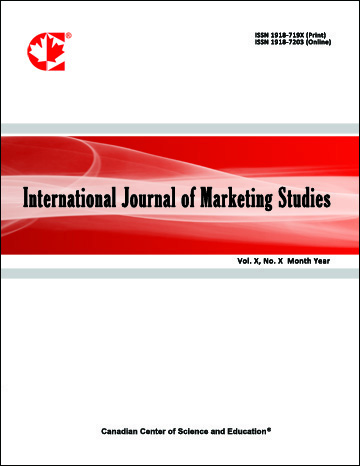A Study of the Financial Behavior Based on the Theory of Planned Behavior
- Hsien-Ming Shih
- Bryan H. Chen
- Mei-Hua Chen
- Ching-Hsin Wang
- Li-Fen Wang
Abstract
Personal finance and investments are closely related to people’s lives. Most investors focus on return rates than on risks. However, when the market changes considerably or unexpectedly, investors may incur losses. Employees in the electronics industry are a middle- to high-income group. However, their work may prevent them from acquiring financial knowledge and factors affecting investments. This group should also understand methods of reducing risks in investments and avoiding losses. This study examines employees in the electronics industry in Taiwan and uses the theory of planed behavior to investigate the effects of demographic variables and intention to manage personal finances and invest on investment behavior. A total of 600 questionnaires were distributed, and 469 were returned. Among the 469 questionnaires, 41 were incomplete and invalid and thus disregarded, posting a response rate and valid response rate of 78.16% and 71.33%, respectively. SPSS 20 and structural equation modeling were used for analysis. The results demonstrate that financial attitude has a significant and positive effect on financial knowledge and subjective norms, that subjective norms have a significant and positive effect on perceived financial control, and that financial knowledge has a significant and positive effect on financial behavioral intention. However, subjective norms and perceived financial control do not significantly affect financial knowledge. The results suggest that individuals should reduce risks in their personal finances and investments. Potential directions for further research are also provided.
- Full Text:
 PDF
PDF
- DOI:10.5539/ijms.v14n2p1
Journal Metrics
Google-based Impact Factor (2021): 1.34
h-index (July 2022): 70
i10-index (July 2022): 373
Index
- Academic Journals Database
- CNKI Scholar
- EconBiz
- Electronic Journals Library
- Excellence in Research for Australia (ERA)
- GETIT@YALE (Yale University Library)
- Harvard Library
- IBZ Online
- Infotrieve
- JournalTOCs
- LOCKSS
- MIAR
- PKP Open Archives Harvester
- RePEc
- ResearchGate
- ROAD
- Scilit
- SHERPA/RoMEO
- Stanford Libraries
- UCR Library
Contact
- Alyssa SunEditorial Assistant
- ijms@ccsenet.org
